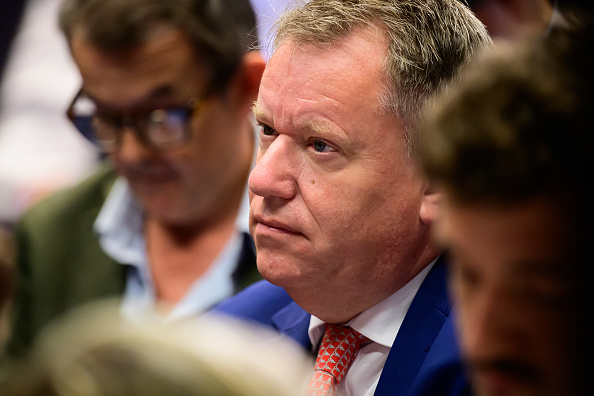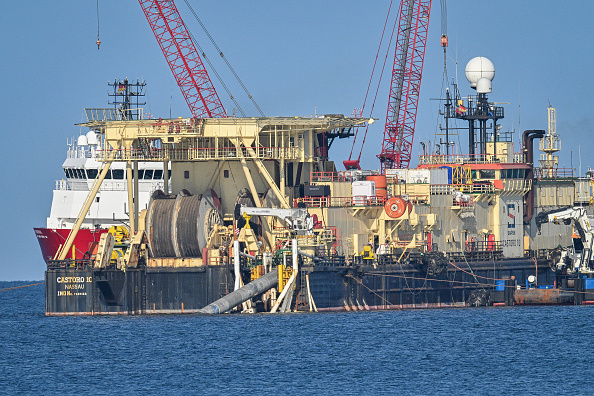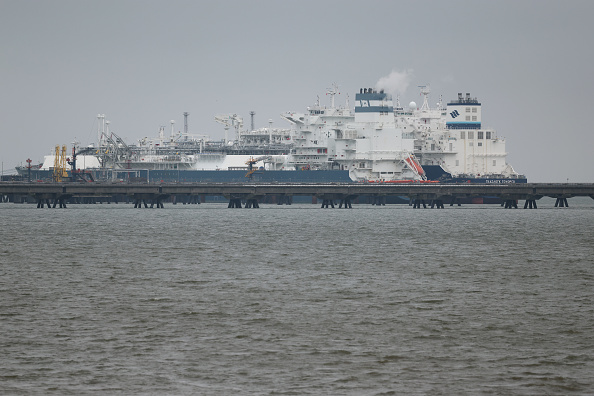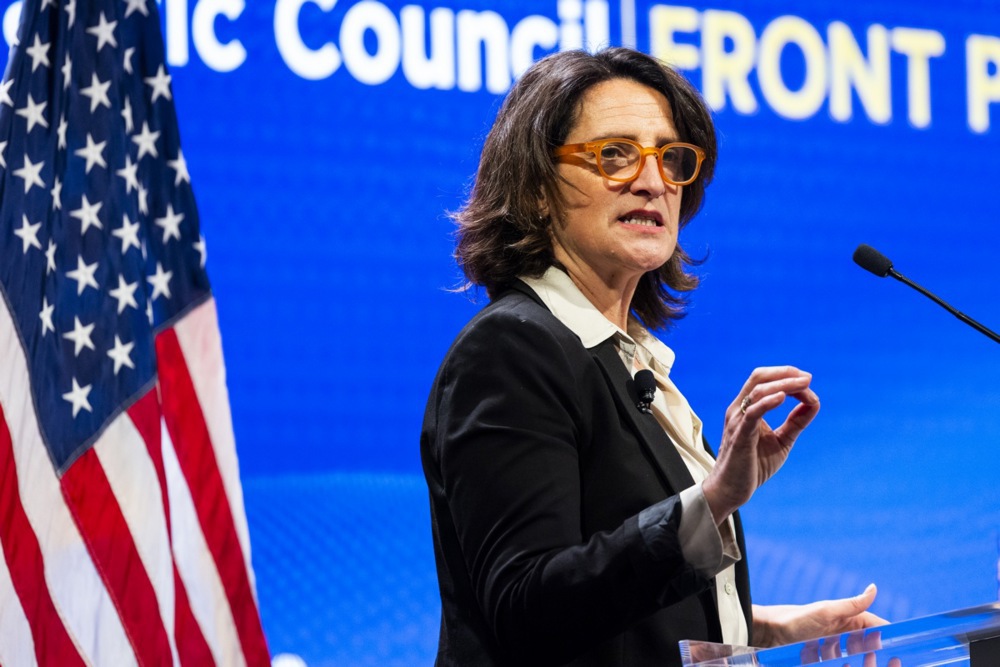Azerbaijan will not sell more gas to the European Union without concrete guarantees, the country’s President Ilham Aliyev has said.
Without real commitment from Europe the country could instead strike deals with neighbours “to the East, to the South” Aliyev said on April 9 during an international forum hosted in the country’s capital Baku.
“Why should I look at your market as my main market?” he asked of the EU.
He said there was a contradiction between what the bloc was demanding and the future it envisioned. “The EU says in 2050 they will be carbon neutral and they ask me to invest money and produce more gas,” he said. “But where will that gas go, if they do not get it from us?”
Aura Sabadus, market expert at energy news and data provider ICIS, said: “This discussion started years ago, when [European Commission President Ursula] von der Leyen went to Baku in 2022 to ask for additional volumes of gas to be sent to Europe.
“Since that, Azerbaijan is actually constantly telling the EU it needs more commitments but the EU cannot [give them] … because they want to have clean economies devoid of fossil fuel in the future,” she added.
Earlier in April, Aliyev had urged international financial institutions to reconsider their stance against financing gas projects.
The Southern Gas Corridor, a 3,500km pipeline that supplies natural gas to southeastern European countries from Azerbaijan, and the other pipelines used to export gas, were running at full capacity, he said.
To expand them, funding would be needed but “international financial institutions … decided to suspend funding for fossil fuel-related projects” he said at latest EC meeting of the Advisory Council on the Southern Gas Corridor on April 4.
On April 9, he acknowledged, though, that the EU was an attractive destination because of its “legislation, rules, procedures” as well as its interconnectedness.
A EC spokesperson said on April 10: “Trade partners around the world … are lining up to sign trade agreements with us because they know that we are stable, reliable, predictable.”
Aliyev warned that Baku could turn elsewhere. “We should not only look West, we can look to the East, to the South. This is important for … energy security of Europe,” he said.
In 2024, the EU imported about 13 billion cubic metres (bcm) of natural gas from Azerbaijan, all via pipeline.
By comparison, EU imports from Russia stood at around 11 bcm in the same period, down sharply from pre-2022 levels, although still significant given political pledges to eliminate reliance. Of that, pipeline flows made up about 5 bcm.
The US — despite supplying no pipeline gas — accounted for 45 per cent of all EU liquefied natural gas (LNG) imports.
Energy market volatility, in part driven by transatlantic trade tensions, has already led to a risk premium on gas pricing, according to analysts. US President Donald Trump has demanded the EU buy more LNG.
Despite that, after having “learned lessons too well” when Russia invaded Ukraine and the EU was forced to diversify gas imports, the bloc is now wary about how much more it can import from the US.
“Long term contracts with European countries have been in place for before the war; Baku has been supplying Europe with gas via long term contracts for at least five years,” Sabadus said.
“What’s different now is that they [Azerbaijan] are showing the EU they can sell elsewhere. Turkey has a big potential to absorb more Azerbaijani gas … they also have very good diplomatic relations,” she said.
“It is possible that is a negotiation strategy and that they are trying to get the EU to move,” she added.
Aliyev met European Commissioner for Energy Dan Jørgensen during the meeting of the Advisory Council on the Southern Gas Corridor on April 4.
They both underscored the strategic importance of the gas transit route, which is part of the EU’s diversification plans.
The two sides reaffirmed their ambitions to double volumes to 20 bcm per year by 2027, a goal first laid out in 2022.
Azerbaijan has made it clear that such a scale-up was only possible with concrete EU guarantees.
Speaking at a conference in Baku, Azerbaijan energy minister Parviz Shahbazov urged the 27-member bloc to “reassess” its financial restrictions on cross-border gas infrastructure, warning that current limitations hindered investment in the Souther Gas Corridor’s expansion.
“There should not be a contradiction between political support for increasing gas supply from Azerbaijan and the lack of support for financing infrastructure projects,” he said.





